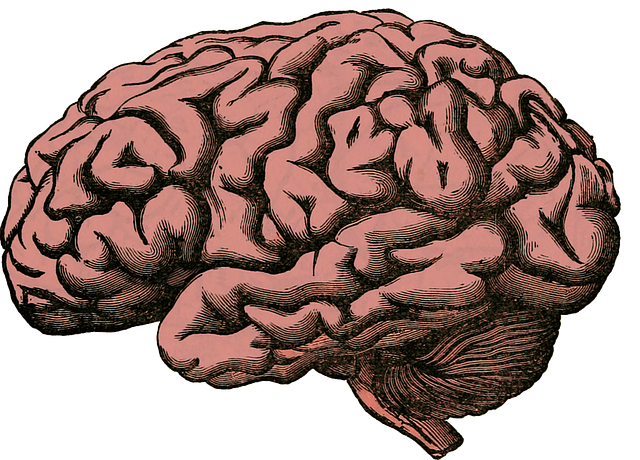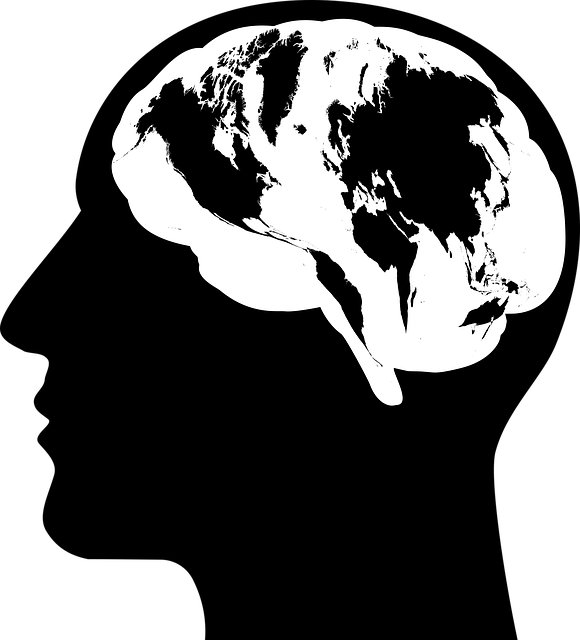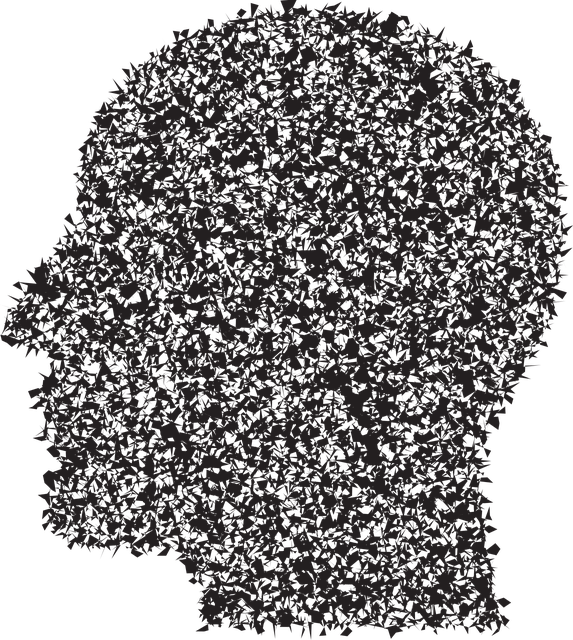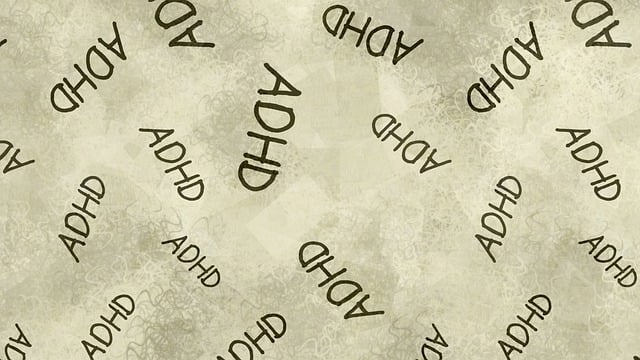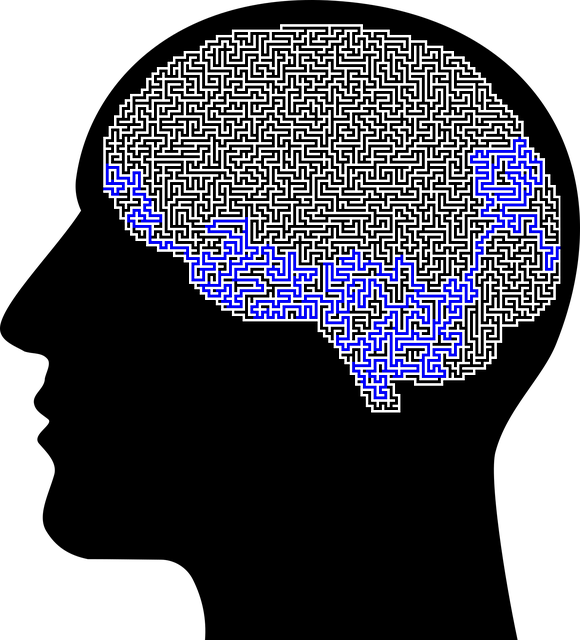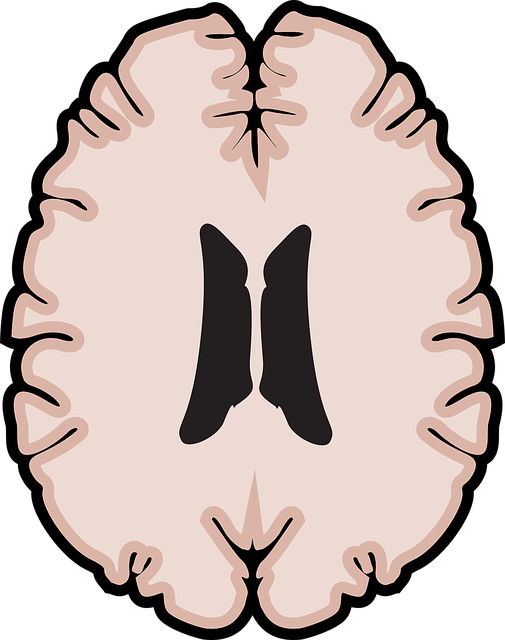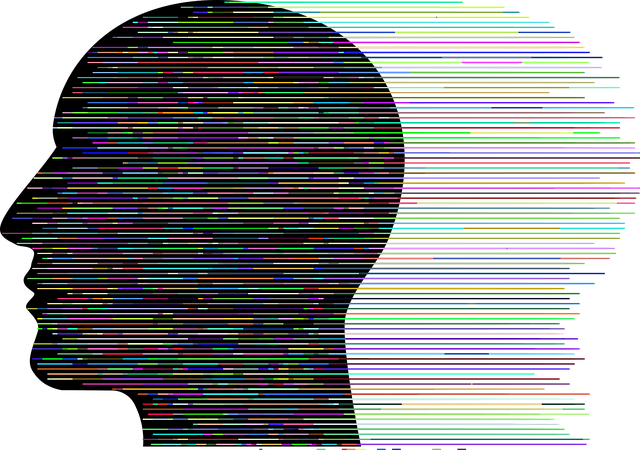Therapy for Geriatrics is crucial in addressing complex mental health challenges unique to older adults, including social isolation, chronic illnesses, cognitive decline, and life changes. Data analysis identifies patterns guiding tailored interventions like compassion cultivation and positive thinking. Advanced digital tools, such as online platforms and mobile apps, enhance self-care and provide therapists with comprehensive insights for personalized therapy plans. Effective geriatric mental health care requires integrating traditional methods with emerging digital solutions, focusing on burnout prevention, and considering individual histories and emotional regulation needs to improve quality of life.
Mental health data analysis and interpretation play a pivotal role in providing effective therapy for geriatrics. As our population ages, understanding the unique challenges of geriatric mental health becomes increasingly crucial. This article delves into key aspects, including specific considerations in understanding geriatric mental health, efficient data collection methods tailored for older adults, advanced analytical techniques, and the art of interpreting results to personalize treatment approaches. By exploring these areas, we enhance our ability to offer targeted support for this demographic.
- Understanding Geriatric Mental Health: Challenges and Unique Considerations
- Data Collection Methods for Effective Therapy Assessment in Older Adults
- Advanced Techniques in Mental Health Data Analysis for Geriatrics
- Interpreting Results: Personalizing Treatment Approaches for Elderly Patients
Understanding Geriatric Mental Health: Challenges and Unique Considerations

Understanding geriatric mental health presents unique challenges that require specialized approaches and considerations. As individuals age, they may face a myriad of factors contributing to their emotional well-being, including social isolation, chronic illnesses, cognitive decline, and changes in life circumstances. These complexities necessitate tailored therapy for geriatrics, addressing not just symptoms but also the underlying causes.
The process of data analysis plays a pivotal role in uncovering these nuances. By delving into mental health data, researchers and practitioners can identify patterns and trends specific to older adults. Incorporating techniques like compassion cultivation practices and positive thinking can significantly enhance therapeutic outcomes. These strategies foster emotional well-being promotion techniques, ensuring that geriatric patients receive holistic care that respects their unique needs and experiences.
Data Collection Methods for Effective Therapy Assessment in Older Adults

Effective therapy assessment for older adults requires robust and tailored data collection methods that capture the unique aspects of geriatric mental health. Traditional methods like structured interviews, questionnaires, and clinical observations remain essential tools. These approaches help in gathering comprehensive information about an individual’s psychological state, cognitive functions, and overall well-being. However, with advancements in technology, digital solutions have emerged as powerful additions to the arsenal.
Online platforms and mobile applications can facilitate self-care practices by providing older adults with accessible resources for monitoring their mental health. Features such as mood tracking, stress management tools, and coping skills development modules empower individuals to take an active role in improving their self-esteem and overall resilience. By combining these digital methods with traditional assessments, therapists gain a more nuanced understanding of the patient’s experience, enabling them to design personalized therapy plans that address specific needs.
Advanced Techniques in Mental Health Data Analysis for Geriatrics

In the realm of mental health care for geriatrics, advanced data analysis techniques are revolutionizing therapy approaches. These methods enable healthcare providers to gain profound insights into the complex psychological landscape of older adults, fostering more personalized and effective treatment plans. By leveraging sophisticated analytics, practitioners can identify subtle patterns and correlations within vast datasets, encompassing medical histories, lifestyle factors, and emotional responses. This nuanced understanding is instrumental in tailoring interventions for specific geriatric needs, be it managing cognitive decline, alleviating depression, or addressing the unique challenges of burnout prevention.
Burnout prevention strategies for healthcare providers are a critical aspect of this evolving landscape. Advanced data analysis can help identify early signs of professional stress and fatigue among caregivers, prompting timely interventions. Stress reduction methods, informed by data-driven insights, allow for the development of targeted programs aimed at improving resilience and overall well-being. Through these innovative techniques, mental health professionals can navigate the intricate web of geriatric issues, ultimately enhancing the quality and efficiency of therapy for this demographic.
Interpreting Results: Personalizing Treatment Approaches for Elderly Patients

When analyzing mental health data for elderly patients, the results must be interpreted with sensitivity and nuance to ensure personalized treatment approaches. Each geriatric individual has a unique history, cognitive abilities, and emotional regulation needs. For instance, advanced age may come with declining physical health, social isolation, or reduced mobility – all of which can significantly impact mental well-being. Therefore, data analysis should consider these factors to tailor therapy for geriatrics effectively.
Personalized treatment might include strategies such as developing coping skills tailored to their specific challenges, implementing community outreach program initiatives to foster social connections, and offering therapeutic interventions that cater to cognitive abilities. By integrating emotional regulation techniques into care plans, healthcare professionals can empower elderly patients with the tools needed to navigate mental health issues, ultimately enhancing their quality of life.
Mental health data analysis and interpretation play a pivotal role in providing tailored therapy for geriatrics. By understanding the unique challenges and employing advanced techniques, healthcare professionals can effectively assess and address the mental health needs of older adults. Integrating data collection methods with sophisticated analytical tools enables personalized treatment approaches, ultimately enhancing the quality of life for elderly patients.
